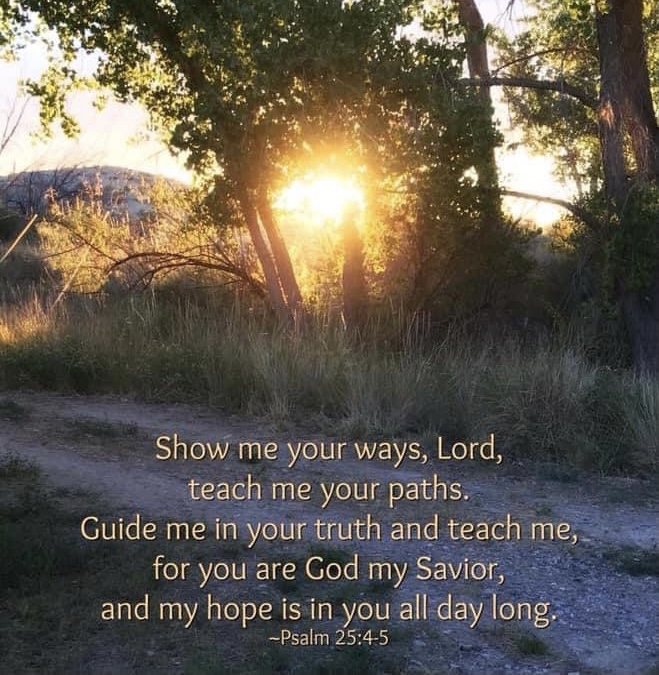
Bible in a Year:
2 Chronicles 1–3 John 10:1–23
The more they were oppressed, the more they multiplied and spread.
Exodus 1:12
Today’s Scripture & Insight:
Exodus 1:6–14
Given enough sunlight and water, vibrant wildflowers carpet areas of California such as Antelope Valley and Figueroa Mountain. But what happens when drought strikes? Scientists have discovered that certain wildflowers store large quantities of their seeds underground instead of allowing them to push through the soil and bloom. After the drought, the plants use the seeds they’ve saved to begin to flourish again.
The ancient Israelites thrived in the land of Egypt, despite harsh conditions. Slave masters forced them to work in fields and make bricks. Ruthless overseers required them to build entire cities for Pharaoh. The king of Egypt even tried to use infanticide to reduce their numbers. However, because God sustained them, “the more they were oppressed, the more they multiplied and spread” (Exodus 1:12). Many Bible scholars estimate that the population of Israelite men, women, and children grew to two million (or more) during their time in Egypt.
God, who preserved His people then, is upholding us today as well. He can help us in any environment. We may worry about enduring through another season. But the Bible assures us that God, who “cares so wonderfully for wildflowers that are here today and [are gone] tomorrow,” can provide for our needs (Matthew 6:30 nlt).
By: Jennifer Benson Schuldt
Reflect & Pray
Why is it so hard to trust God during life’s “dry” seasons? How has God provided for you in the past, and how might the story of His faithfulness encourage someone you know?
Father, sometimes it’s so hard to keep going. Please meet my needs today, and help me to persevere through the power of Your Holy Spirit. In Jesus Name Amen




